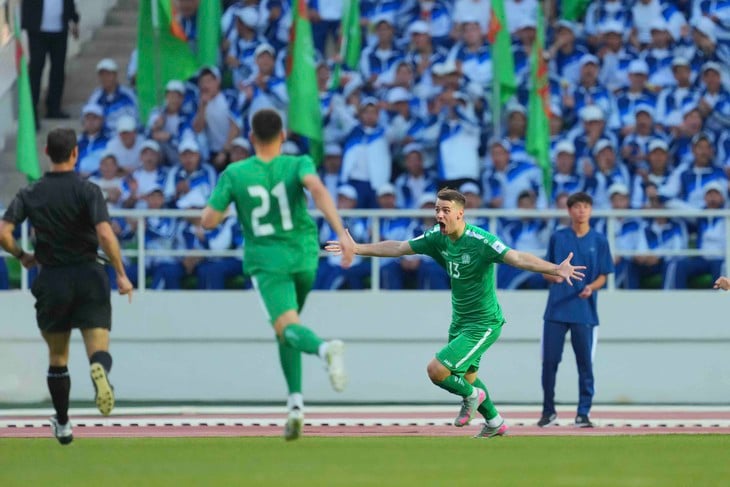
Artificial turf will be banned by AFC in upcoming tournaments - Photo: AFC
The tournaments that the AFC refers to are World Cup qualifiers, Asian Cup qualifiers, Women's Asian Cup qualifiers, Women's Olympic qualifiers, AFC Champions League Elite, AFC Champions League Two and the AFC Women's Asian Cup.
AFC explained that this decision aims to improve competition standards, professional quality and strongly internationalize matches.
This decision forced some countries and clubs in Asia that are using artificial turf to change their pitches, or move to a new stadium.
Asian media reported that the new AFC standards will directly impact a number of countries such as Palestine, Turkmenistan, the Philippines, Afghanistan, Bhutan, and Mongolia. These are countries that are still using artificial turf for international matches of their national teams.
In addition, AFC also blew the whistle on clubs using artificial turf such as Lion City Sailors, Tampines Rovers (Singapore), Kaya Iloilo, Cebu (Philippines), Ravshan Kulob, Istiklal (Tajikistan), Altiyan (Turkmenistan), Royal Thimphu (Bhutan). The standard of the pitch will play an important role in granting licenses to clubs.
By issuing the ban, AFC has helped players overcome the fear of playing on artificial turf. Many representatives of Vietnamese football have been victims of artificial turf, which is prone to injury and scratches. Not to mention the technical standards on artificial turf are different from natural grass, making it difficult for players to get into the rhythm of the game.
Not long ago, Thailand coach Masatada Ishii said that the "war elephants" lost 1-3 to Turkmenistan and were at a disadvantage in the Asian Cup qualifiers because they were not used to artificial turf. Mr. Masatada Ishii's reasoning is not entirely unreasonable, as the Thai team has a tradition of underperforming when playing on artificial turf.
Source: https://tuoitre.vn/afc-chinh-thuc-khai-tu-san-co-nhan-tao-o-cac-giai-dau-20250613160034914.htm






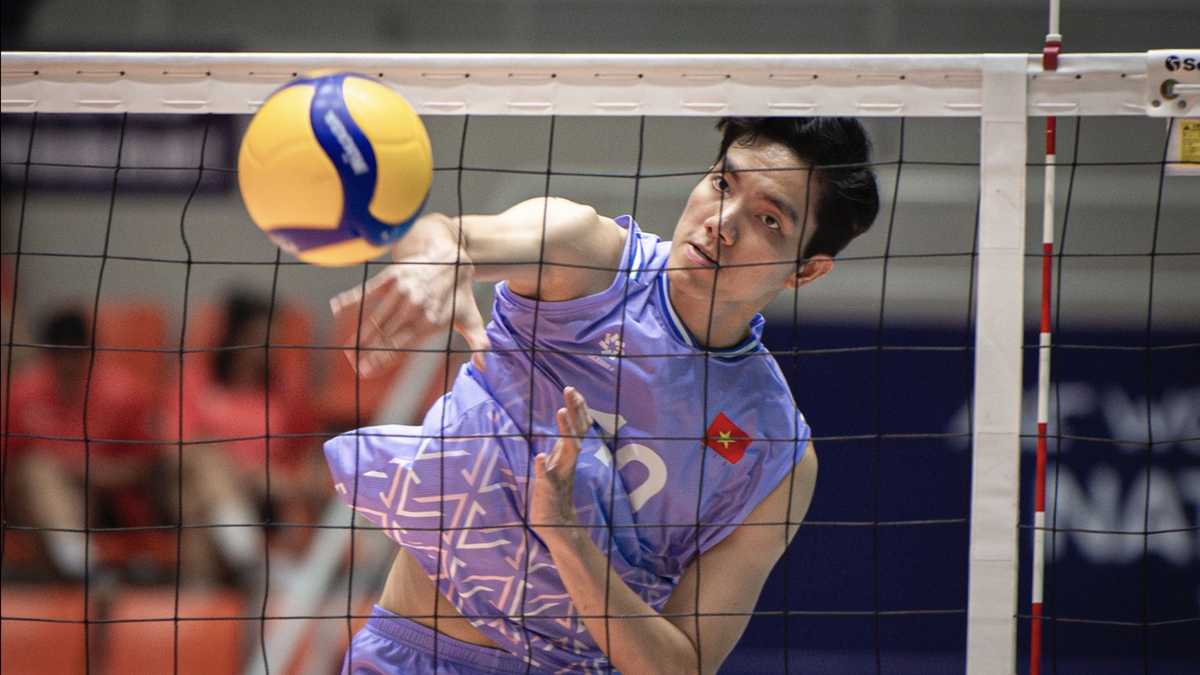












![[Photo] Prime Minister Pham Minh Chinh receives leaders of several Swedish corporations](https://vphoto.vietnam.vn/thumb/1200x675/vietnam/resource/IMAGE/2025/6/14/4437981cf1264434a949b4772f9432b6)
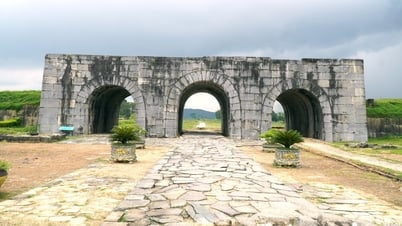

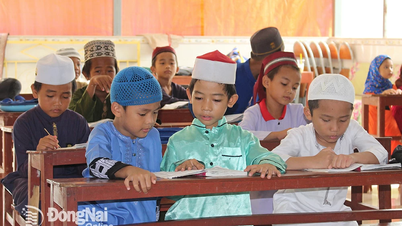

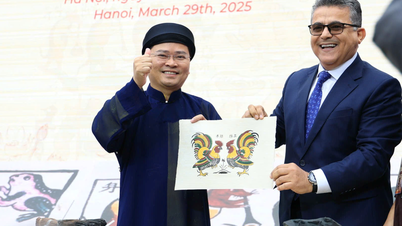

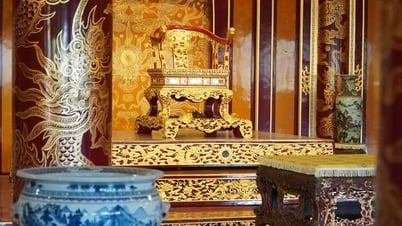
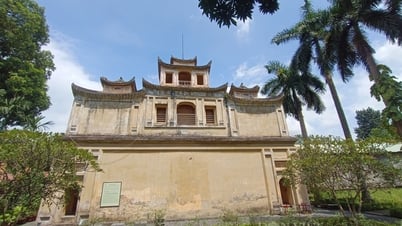

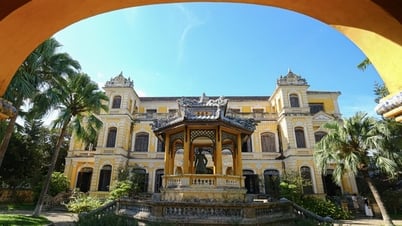


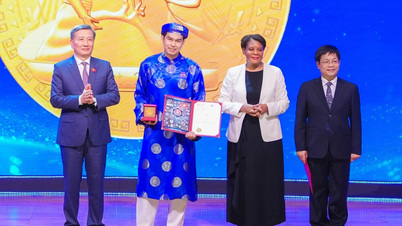


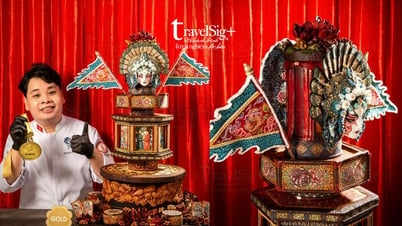
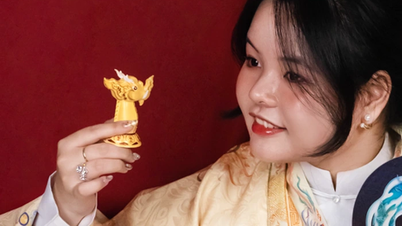


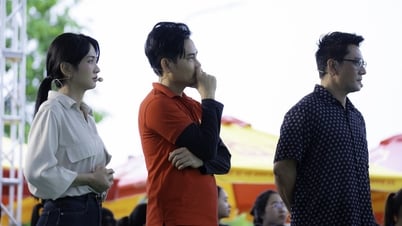









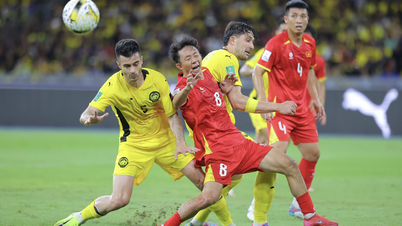


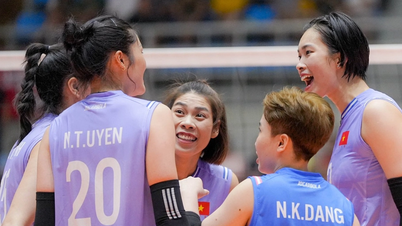





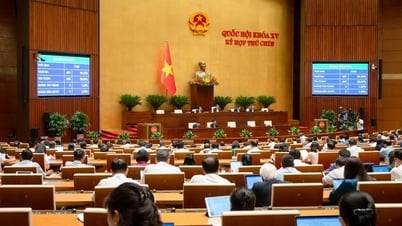

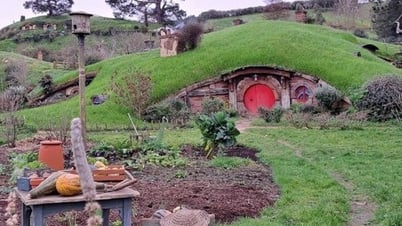


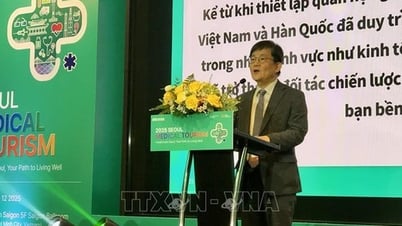
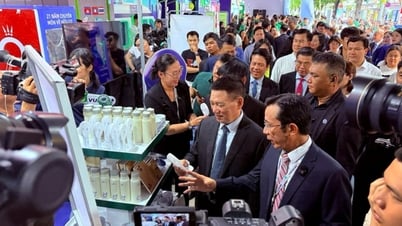







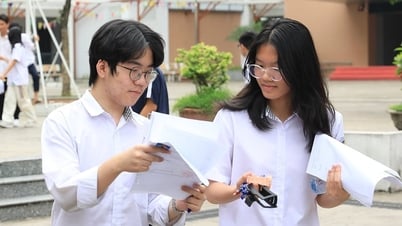







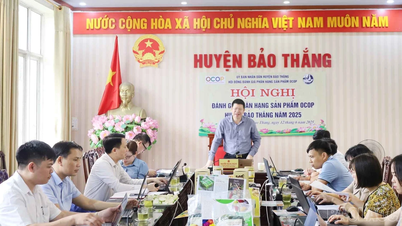

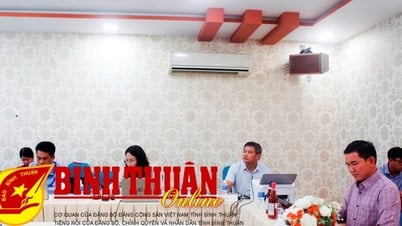

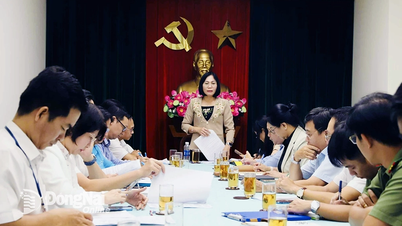

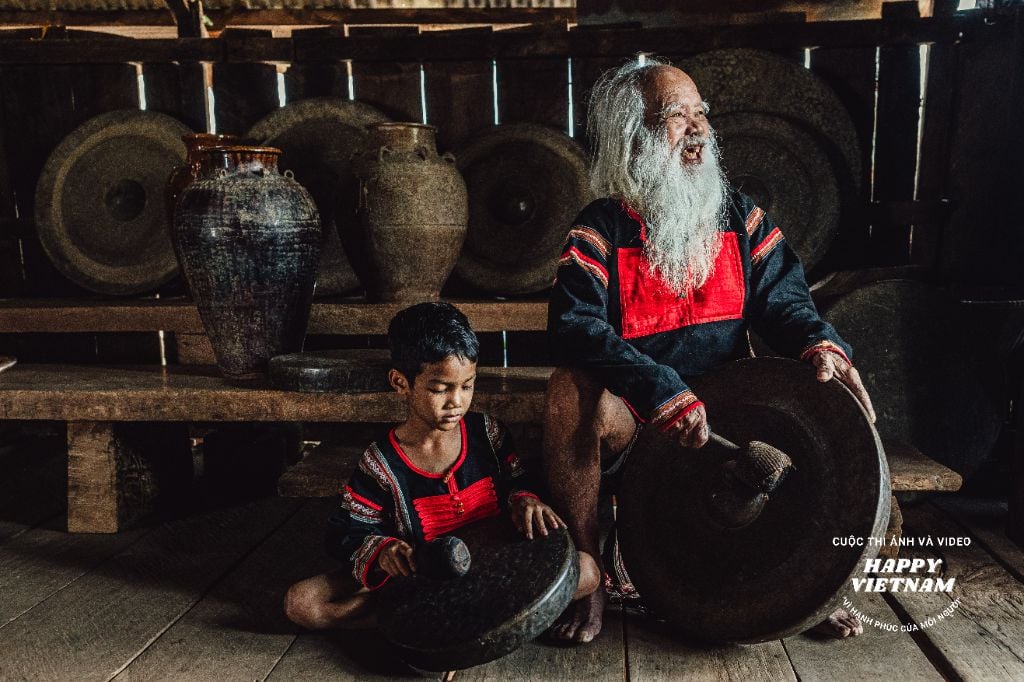
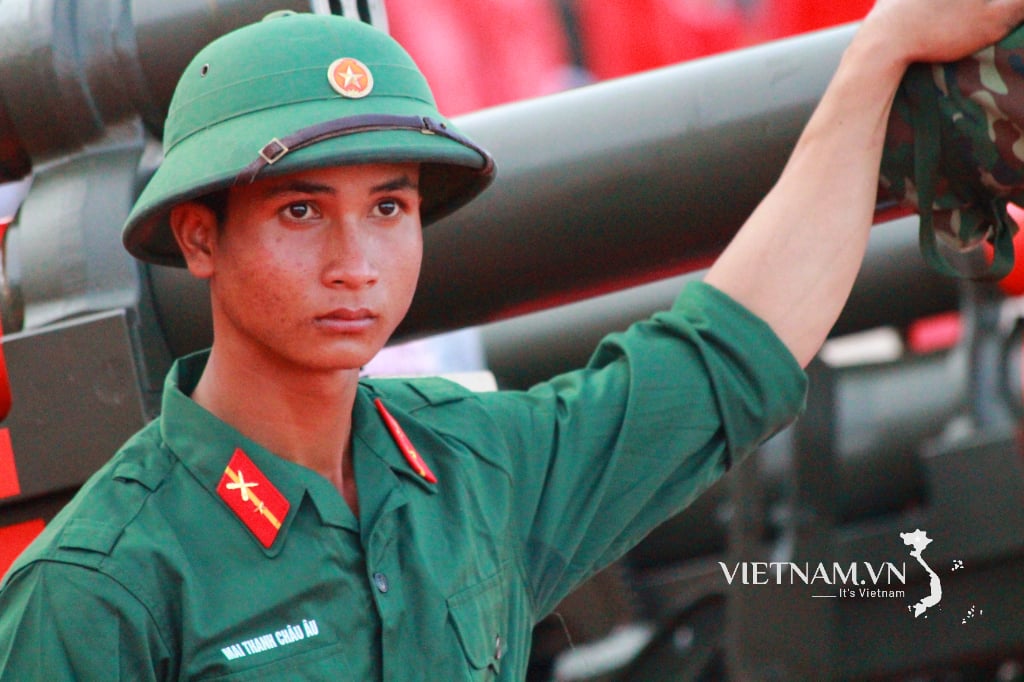
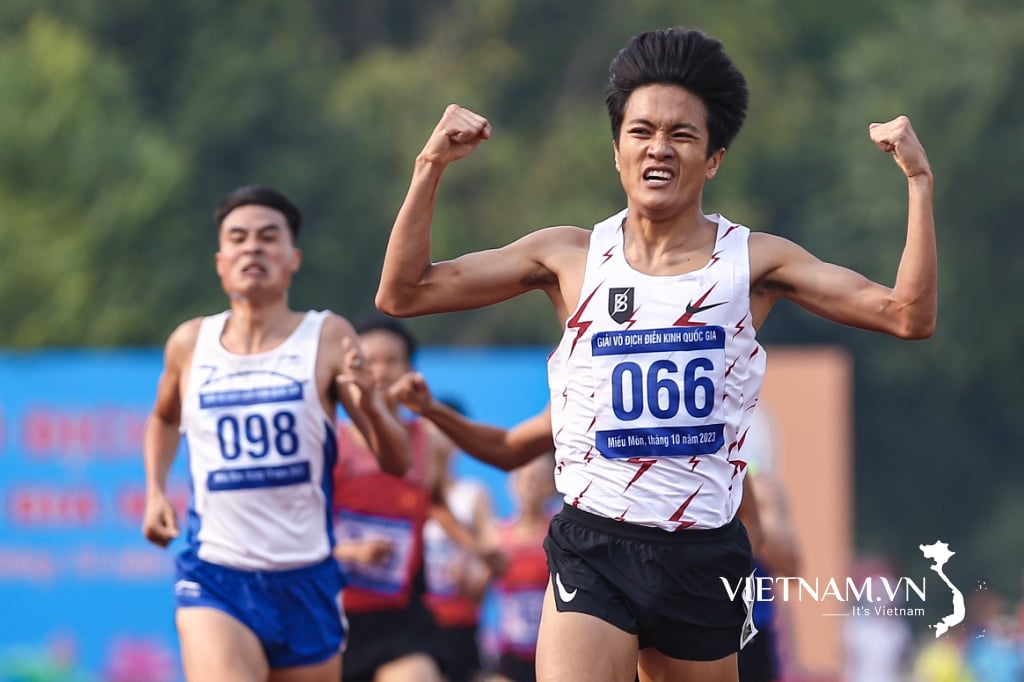

Comment (0)